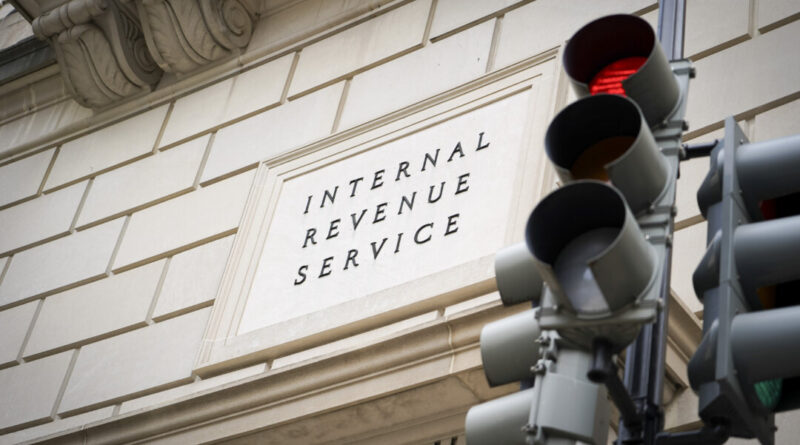Watch Out for Bad Tax Advice on Social Media: IRS
Taxpayers are tricked into filing fake tax credit claims, and misinterpret tax rules for personal benefits, the IRS says.
The Internal Revenue Service (IRS) issued a consumer alert on Tuesday, warning people to not get duped by “wildly inaccurate tax claims” spreading across social media.
In the notice, the IRS listed out some of the social media scams that have seen a spike this year.
A scam related to self-employment tax credit claims that gig workers and self-employment individuals can get up to $32,000 in credits under the scheme. However, there is no such tax credit in existence, the IRS said.
What the fraudsters are doing is encouraging people to use Form 7202, Credits for Sick Leave and Family Leave for Certain Self-Employed Individuals, to “improperly claim” this credit. The IRS noted that the credit was only available during 2020 and 2021 for certain circumstances related to the COVID-19 outbreak.
Scams related to fuel tax credits seek to dupe ineligible taxpayers.
“The vast majority of individual taxpayers do not qualify for the Fuel Tax Credit,” the IRS said.
The credit is aimed at businesses such as farming and is available for only certain fuel types.
There are social media personalities encouraging taxpayers to deduct their entire wages in their returns, claiming the deduction as a “necessary expense for the production of income” or “compensation for personal services actually rendered,” he IRS said, warning that this was a “complete misinterpretation” of tax rules.
Taxpayers are also being duped into filing inflated returns with false income and withholding figures for the purpose of claiming large refunds. In some cases, claims are as high as five figures.
The agency said it has seen “hundreds of thousands” of such incorrect claims. IRS Commissioner Danny Werfel pointed out that if a scheme sounds too good to be true, “it often is.”
“Social media platforms are rife with influencers making claims about tax credits or deductions that stretch the truth or are outright lies, aimed at gaining themselves clout or pushing up their views,” he said.
“At the same time, this puts their audience’s tax returns and personal finances at risk. If people want good tax information on social media, they should follow options like a trusted tax professional or the IRS social media platforms.”
Holiday Scams
The IRS also issued an alert on Dec. 2 asking people to shop during the holiday season “with extra caution.” Malevolent actors are anticipating security failures on the part of individuals so that they can infiltrate and capture critical personal information, it said.
Taxpayers are being duped into handing over their details regarding tax, Social Security numbers, credit card information, financial information, addresses, and bank account numbers, the agency said, and the fraudsters then use this information to commit identity theft and fraud.
At the moment, a common scam targeting people involves messages that appear to come from delivery services, the agency said, with such messages claiming that a delivery cannot be made, making people click a link to reschedule the delivery. However, clicking the link eventually leads to the customers’ personal information being targeted.
“The holiday shopping season and the fast-approaching tax season create a tempting target for identity thieves and scam artists,” Werfel said.
“Taxpayers should use extra caution this holiday season to protect their valuable personal and financial information, whether shopping online or clicking on links in email and other messages. A little extra caution can protect taxpayers’ confidential information and reduce the risk of identity theft in the upcoming filing season.”
For instance, the criminal may say they will return the delivery to the sender if the targeted person does not take action, such as by clicking on the link. These scams are unfortunately effective as people expect to get deliveries during the holiday season, the FTC said.
The FTC advises people not to click on any links in messages related to deliveries they are not expecting.
“If you think the message might be legitimate, contact the shipping company using a phone number or website you know is real. Don’t use the information in the message,” the agency said.





